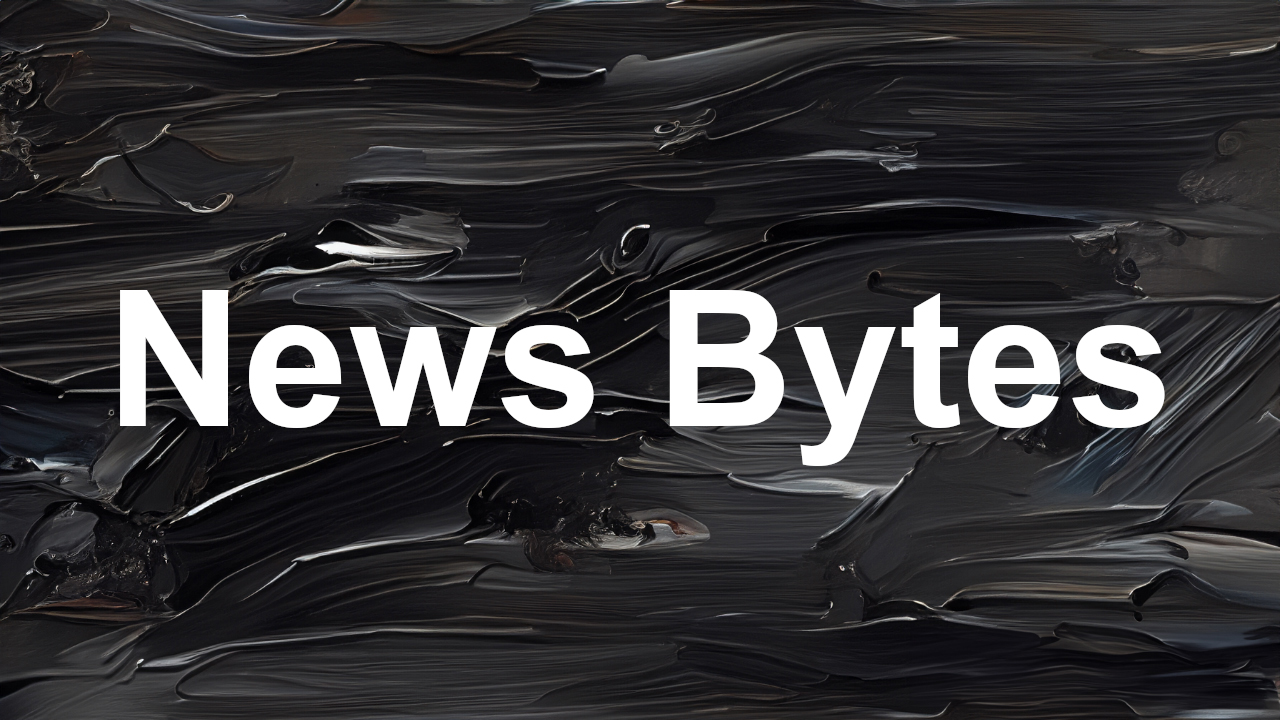Residents of New York stage a protest against a bitcoin miner. NBC provided this image.
Residents of New York are divided over a Bitcoin mining farm, which some say is damaging their area while others say is producing jobs.
The operation is heating up the local lake, according to some neighbors, and “it’s like you’re in a hot tub.”
Bitcoin mining has sparked fierce controversy around the world, with China at the forefront of those who are opposed to it. A mining farm in New York is splitting the local community. Opponents have pointed to increased carbon emissions, claiming that they are even heating up the local lake. Supporters argue that it has done more good than harm, citing the economic development it has fostered in the area as evidence.
Greenidge Generation LLC operates the operation, which is owned by Atlas Holdings, a private equity firm. According to several residents, the operation is contaminating the environment and has to be shut down. The continuous contamination of Lake Seneca, the largest of the Finger Lakes, has been highlighted by this group.
According to one of the locals who lives near the lake, “the lake is so warm you feel like you’re in a hot tub,” according to NBC.
Residents of upstate New York would be fishing and swimming in the Finger Lakes because it is a hot summer in the United States. Many of them, though, have taken time off to protest the mining farm. The miners have refused to give up without a fight, and their protests have yet to yield any consequences.
According to NBC, Yvonne Tailor, vice president of Senecal Lake Guardian, a conservation advocacy group,
These crypto companies are searching for a location with reasonably low electricity costs and a cool temperature. It’s a bad business model for the entire state of New York, the United States, and the world.
Carbon credits and the creation of new jobs
One of the miner’s justifications has been that it has purchased carbon credits to offset its carbon output. These credits are tradable certificates that allow a company to emit carbon dioxide and other greenhouse gases without having to worry about the consequences. Tesla was recently embroiled in controversy for prohibiting Bitcoin payments, despite the fact that its primary source of revenue was the sale of carbon credits to greenhouse gas emitters.
Locals, on the other hand, have challenged this claim. Carbon offsets are not a very effective way to meet greenhouse gas reduction goals, according to Judith Enck, an environmental specialist, and there is no structure in place to oversee them in New York.
She continued, ”
New York had set a legal objective of cutting greenhouse gas emissions by 40 percent by 2030. If the Greenidge Bitcoin mining operation continues, the state will fall short of its goal.
The miners have defended their activity, arguing that they have not only purchased carbon credits but also created jobs for people. Greenidge CEO Jeff Kirt disclosed that the company already employs 31 locals and plans to hire at least 10 more this year.
“The plant’s environmental impact has never been better than it is right now,” he continued.
Greenidge had been defunct for years before being resurrected by Atlas Holdings in 2014. It began operations three years later, but would only contribute power to the grid during peak demand periods. Greenidge, on the other hand, began mining BTC three years ago. Since then, it has been profitable.
It claimed to have mined 1,186 Bitcoins at an average cost of $2,869 in the 12 months ended February 28 this year. Today’s BTC price is $35,000.
In the local community, the mining has its own fans. One of them, a former editor of a local newspaper, told NBC:
The tax base is expanding, which benefits the school, the county, and the municipality significantly. Their positions have traditionally been nice, steady jobs for local residents.
New York Bitcoin Mining/n
Read More




